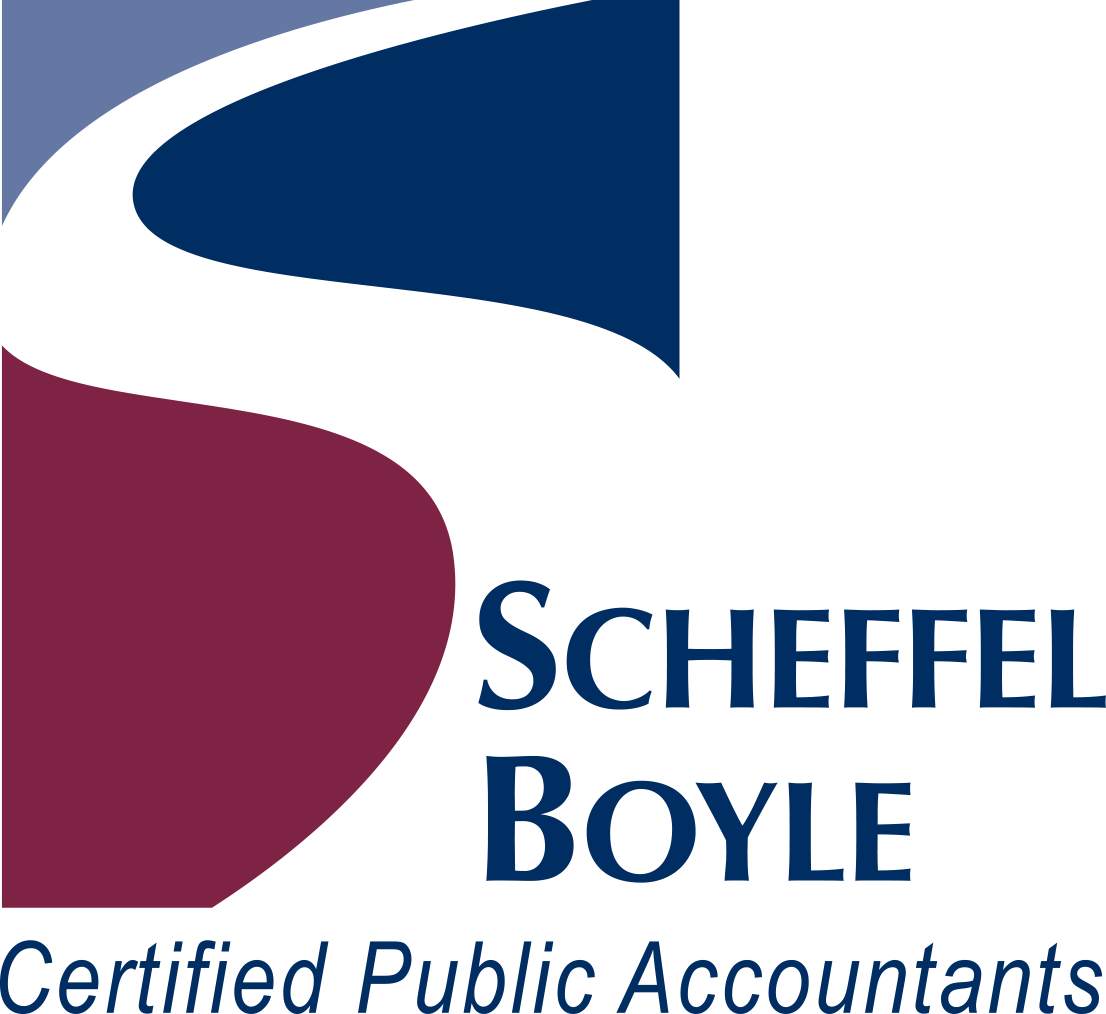Biden Administration’s Tax Blueprint
TREASURY’S GREEN BOOK PROVIDES DETAILS ON ADMINISTRATION’S TAX BLUEPRINT
The Treasury Department on May 28 released its general explanation of tax proposals included in the Biden administration’s fiscal year 2022 budget submission to Congress. Commonly known as the “Green Book,” the 114-page document provides more details regarding the administration’s tax proposals that had been previewed in the American Jobs Plan and the American Families Plan.
The Green Book lays out the administration’s priorities in paying for proposed spending plans. We want to emphasize that this is not tax law. These are simply proposals for how the administration would like to pay for certain items.
A look at some of the administration’s tax proposals follows.
Individual Income Tax Rate
The top marginal individual income tax rate would increase from 37% to 39.6%. For taxable year 2022, the rate would apply to taxable income over $509,300 for married individuals filing jointly ($254,650 for married individuals filing separately), $481,000 for head of household filers, and $452,700 for single filers. The proposed increase would be effective for taxable years beginning after December 31, 2021.
Capital Gain and Qualified Dividend Income
Long-term capital gains and qualified dividend income of taxpayers with adjusted gross income of more than $1 million would be taxed at ordinary income tax rates to the extent that the taxpayer’s income exceeds $1 million ($500,000 for married individuals filing separately). If the proposal for raising the ordinary income tax rate to 39.6 % becomes law, then the maximum tax rate of capital gains would be 43.4% (39.6% plus net investment income tax rate of 3.8%). The proposed effective date would be for gains required to be recognized after the date of announcement, which is understood to be April 28, 2021, the date of President Biden’s first address to a joint session of Congress during which he introduced the American Families Plan.
Transfers of Appreciated Property
Taxpayers transferring appreciated property during certain events would realize a capital gain based on the property’s fair market value at the time of the transfer. The proposal generally would be effective January 1, 2022. Recognition events include:
- Gifts
- Death
- Transfers of in-kind property to trusts (other than wholly revocable trusts)
- Distributions of in-kind property from a trust (other than to the grantor owner of a revocable trust or to a spouse of the grantor, as long as the distribution is not in discharge of an obligation of the deemed grantor owner)
- Terminations of revocable grantor trusts – at death or during life
- Transfers of in-kind property to partnerships or other non-corporate entities
- Distributions of in-kind property from partnerships or other non-corporate entities
- Holdings of trusts, partnerships or other non-corporate entities, when the property has not had a recognition event within the prior 90 years, measured as of January 1, 1940. The first recognition event under this 90-year rule would occur December 31, 2030.
The “deemed” gain would be taxable income to the donor or to the decedent. The amount of gain would be measured by the amount that the fair market value of the appreciated property exceeds the basis on the date of the gift or upon the date of death, whichever is applicable. The use of capital losses and carry-forwards from transfers at death would be permitted on the decedent’s final income tax return.
The proposal allows for some exclusions. Transfers by a decedent to a U.S. spouse would not be a taxable event, and the surviving spouse would receive the decedent’s carryover basis. The surviving spouse would recognize the gain upon disposition or death. Transfers to charity would not generate a taxable capital gain. Transfers to a split interest trust, such as a charitable remainder trust, would generate a gain with an exclusion allowed for the charity’s share of the gain. Transfers of tangible personal property, such as household furnishings and personal effects (excluding collectibles), are excluded. The exclusion for small business stock would still apply.
The proposal would allow a $1 million per person exclusion from recognition of gain on properties transferred by gift or held at death. Any unused exemption by a deceased spouse will port to the surviving spouse making the exclusion effectively $2 million per couple. Generally, the cost basis to the transferee will be the fair market value of the property transferred. A donee receiving property that qualified for the $1 million exclusion of the donor will have a carryover basis.
Payment of the tax on the appreciation of certain family owned and operated businesses would not be due until the business was sold or ceases to be family owned and operated. The capital gains tax on appreciated property transferred at death will be eligible for a 15-year fixed rate payment plan. However, publicly traded financial assets will not be eligible for the payment plan. Furthermore, family businesses electing the deferral will not be eligible for the payment plan. Transfers to S corporations and C corporations do not appear to generate gain, assuming those transfers qualify for the deferral provisions of Section 351.
Gain from Like-Kind Exchanges
Gains in excess of $500,000 ($1 million for married individuals filing jointly) from like-kind exchanges of real estate would be taxed in the year the property is transferred. Deferral of gain only up to $500,000 for each taxpayer ($1 million for married individuals filing jointly), each year, from like-kind exchanges of real estate would be allowed. The proposed effective date would be for exchanges completed in taxable years beginning after December 31, 2021.
Prospects of Tax Legislation
Although the White House, House of Representatives and Senate are each in Democratic hands, the path to enacting tax legislation remains unclear.
Some of these proposed changes are time sensitive and would require action in 2021. This means taxpayers will need to begin planning to be positioned to act quickly if/when these proposals become law.
Our team will continue to monitor the status of these and any other tax laws that change. Please contact your trusted Scheffel Boyle team member with questions. We are always here to help!



